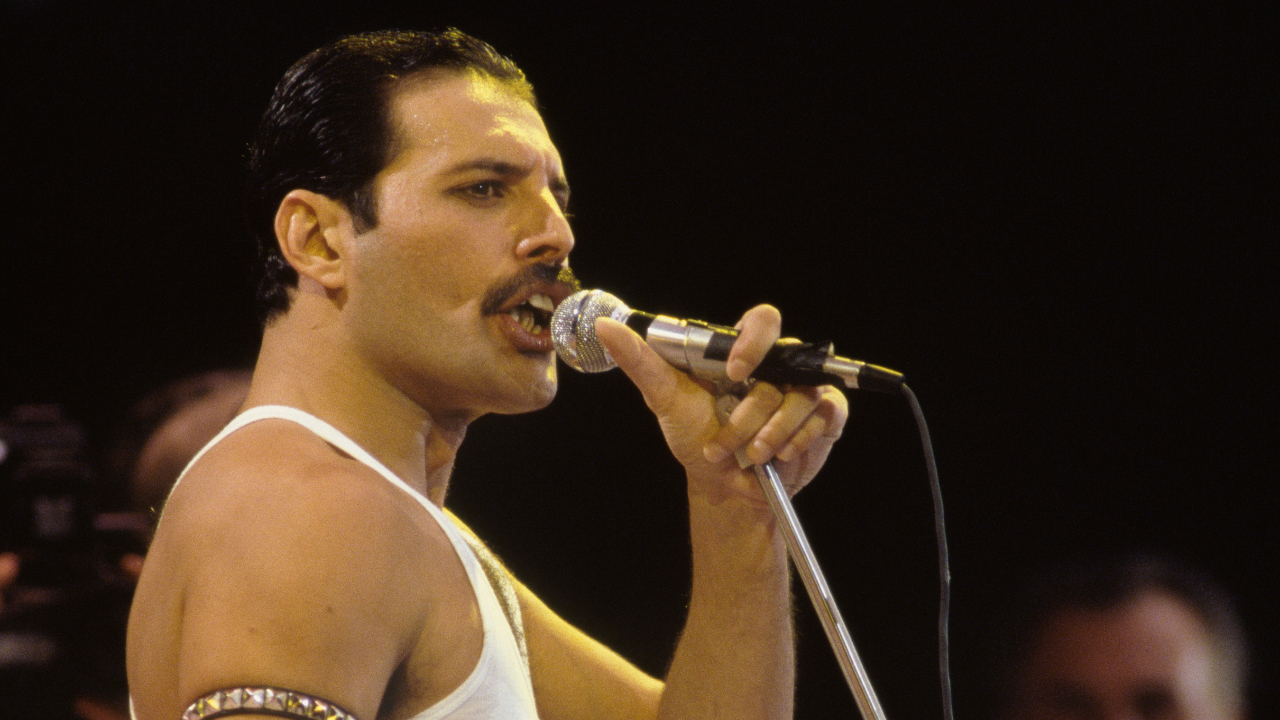You can trust Louder
When there’s a swelling keyboard intro to this album on the title track, you might have thought that Europe were reverting to the sound they had back in the late 80s. However, as the song opens up, it becomes clear that this is definitely not a band looking wistfully back to halcyon days, but one that’s striding determinedly forward on the strength of an edgy, energetic, fresh perspective.
Ever since they reunited in 2003, the Swedes have steered away from their big hair reputation and cleared out any notions of living off what they achieved back then. Instead, they’ve gone for a heavier, more lucid approach that emulates their heroes, such as UFO and Thin Lizzy.
This is the sixth studio album they’ve done in this period, and the best so far. For one thing, it’s a lot more natural, allowing John Norum to stretch out on guitar and for Joey Tempest to showcase a voice that has grit and bite, as well as huge melodic appeal.
You can hear this coming quickly into focus on The Siege, which has a hard timbre, yet also nods towards the more Eastern refrains of Zeppelin, thanks to some deft keyboard sweeps from Mic Michaeli. And the darkly adhesive softwareuiphraseguid=“92992769-c7ff-4f01-b279-10d674d18f7e”>softwareuiphraseguid=“92992769-c7ff-4f01-b279-10d674d18f7e”>softwareuiphraseguid=“92992769-c7ff-4f01-b279-10d674d18f7e”>Kingdom United allows the band to amply feature some neat Norum tricks, nestling alongside Michaeli’s evocative punctuation.
The pace slows on Pictures, but this is no soppy power ballad as it has an underlying agitation, Europe emphasising to us that they aren’t withdrawing into the past. And Election Day quickly shakes out the dust with some brisk work from drummer Ian Haugland. Meanwhile, Wolves has a deep-set, rumbling ire that brings to mind the recent recordings from Deep Purple, which is obviously no bad thing at all, and GTO also has inferences from Ian Gillan et al.
The best is saved for last, though, as the epic album closer Turn To Dust beautifully balances changes in pace and mood on a song that manages to be both tuneful yet also a little disconcerting. This is where Europe reach a new level of achievement, proving that they have now brushed aside any remaining doubts about their validity in the current era.
Walk The Earth is superbly produced by Dave Cobb, who highlights all the positive aspects of the band on an album that brings up new aspects of endeavour and creativity every time it’s played.
Sign up below to get the latest from Classic Rock, plus exclusive special offers, direct to your inbox!
An excellent release from the renovated and rejuvenated modern giants.
Malcolm Dome had an illustrious and celebrated career which stretched back to working for Record Mirror magazine in the late 70s and Metal Fury in the early 80s before joining Kerrang! at its launch in 1981. His first book, Encyclopedia Metallica, published in 1981, may have been the inspiration for the name of a certain band formed that same year. Dome is also credited with inventing the term "thrash metal" while writing about the Anthrax song Metal Thrashing Mad in 1984. With the launch of Classic Rock magazine in 1998 he became involved with that title, sister magazine Metal Hammer, and was a contributor to Prog magazine since its inception in 2009. He died in 2021.


